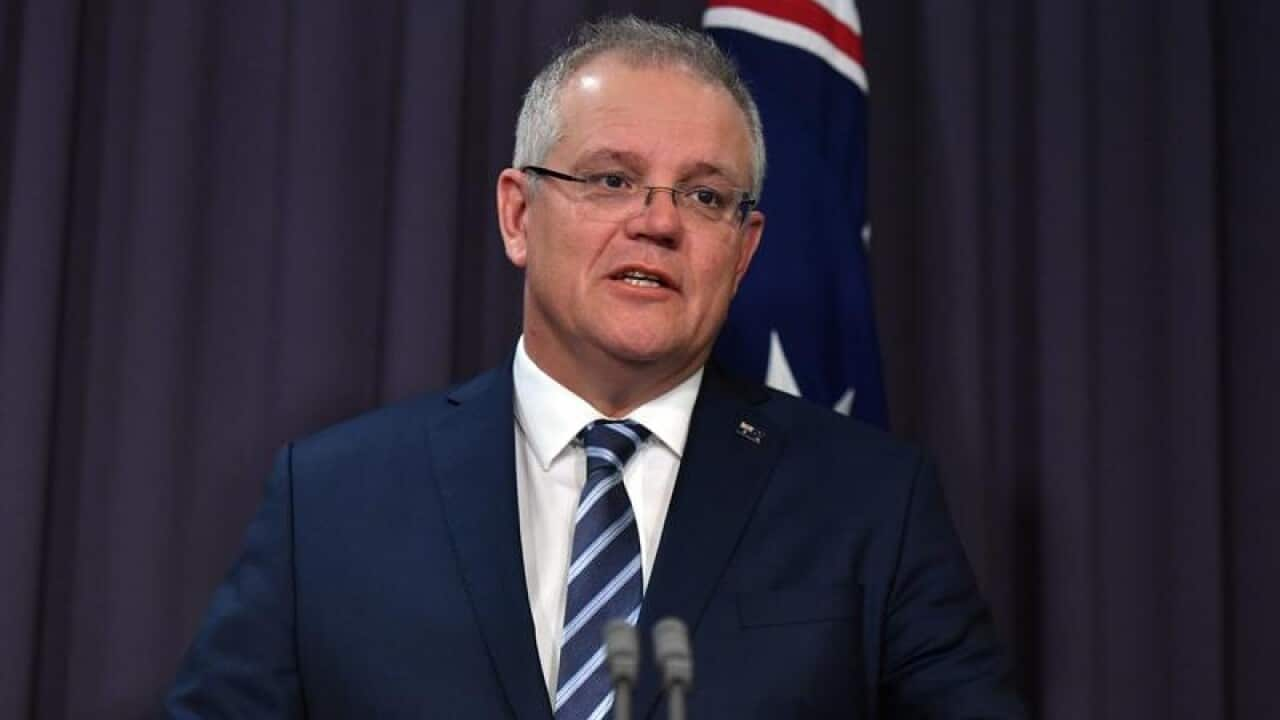China has denied it is behind cyber attacks on Australian business and government organisations, saying such suggestions are "baseless".
Prime Minister Scott Morrison on Friday confirmed Australia has been the target of increased cyber attacks by a foreign entity.
"We know it is a sophisticated, state-based cyber actor because of the scale and nature of the targeting, and the tradecraft used," Mr Morrison said.
But he declined to put a name on which country is carrying out the attacks, nor would Opposition Leader Anthony Albanese, who was briefed by Australia's security agencies.
But Australian Strategic Policy Institute executive director Peter Jennings said the attack was "95 per cent or more" likely to have been launched from China.
This was because of the scale and intensity of the attack, he said.
"A few others have the capacity but they don't have the scale to do it as broadly as this," Mr Jennings said. But Chinese Foreign Ministry spokesperson Zhao Lijian dismissed such allegations, and took particular aim at ASPI.
But Chinese Foreign Ministry spokesperson Zhao Lijian dismissed such allegations, and took particular aim at ASPI.

Australian Strategic Policy Institute ASPI Peter Jennings. Source: AAP
"The attacks coming from institute against China are totally baseless nonsense," Zhao told reporters at a daily briefing.
The decision by the Australian government to raise concerns over cyber security comes at a time of growing friction with China, with the two countries falling out over the origin of the coronavirus, trade and most recently, the death sentence handed to an Australian drug smuggler
Sean Duca, a cyber security expert from Palo Alto Networks, said the attacks bore similarities to the February 2019 assault on the Parliament House system, also blamed on China.
"We found in analysing the code itself ... the attackers had reused a lot of the code that had been used by other people in the past," Mr Duca said.
"And one particular tool that was used was a tool that was actually used in the February 2019 attack against Parliament House."
He said it was important every Australian organisation step up their security, patching systems and using multifactor authentication and biometrics.
"Australia is definitely a leading country around driving a digital economy, but there's attackers out there looking to try and disrupt our economy, and also disrupt our livelihoods," he said.
"We need to think about better, smarter ways of trying to do this."











